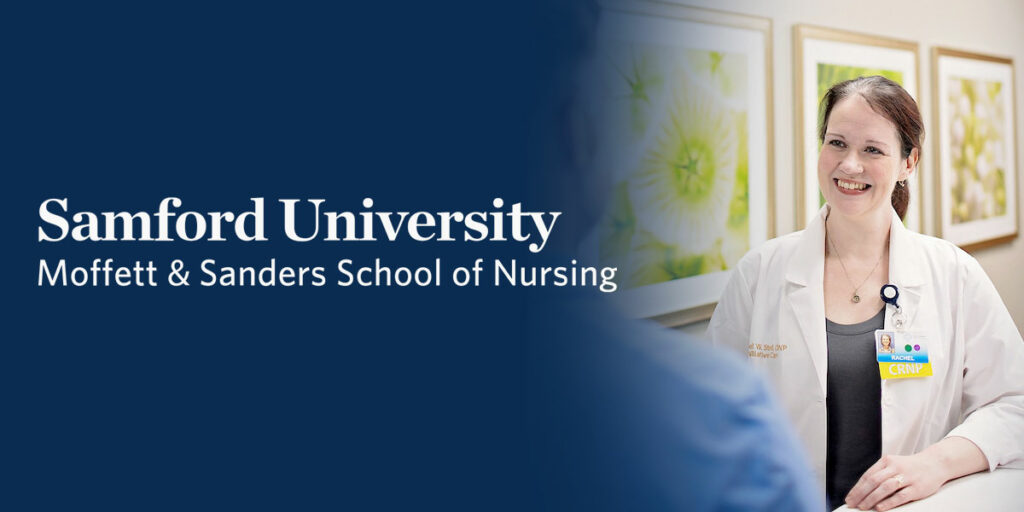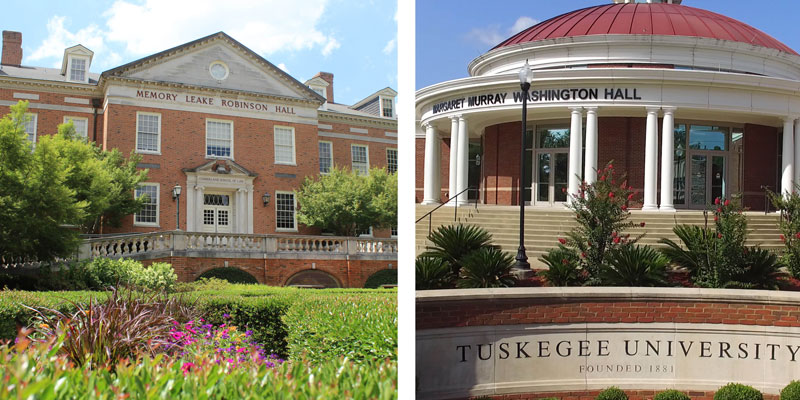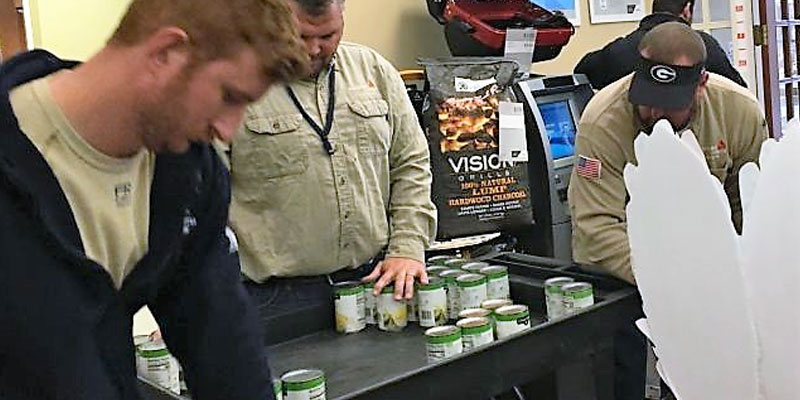Samford University’s Beeson Divinity School has received a grant of $999,966 from Lilly Endowment Inc. to help establish the Enhancing the Mission: Beeson Divinity School and Thriving Pastors program.
It is part of Lilly Endowment’s Thriving in Ministry, an initiative that supports a variety of religious organizations across the nation as they create or strengthen programs that help pastors build relationships with experienced clergy who can serve as mentors and guide them through key leadership challenges in congregational ministry.
Through the Thriving Pastors program, Beeson will help pastors thrive in congregational leadership by improving the quality of peer and mentoring relationships. The program will seek to fulfill its mission by supporting, resourcing and connecting Beeson alumni who serve in pastoral roles. As the program grows, pastors with no prior affiliation with Beeson or Samford will be welcomed into the project so that they, too, may continue thriving in ministry.
“The mission of Beeson Divinity School is to prepare God-called persons to serve as ministers in the church of Jesus Christ,” said Grant Taylor, Beeson’s associate dean and project director of the Thriving Pastors program. “Through the Thriving Pastors program, we aim to enhance our mission through a deeper commitment to our graduates who serve as pastors of God’s people. We want to support and enrich them by giving them more of Beeson’s personal, face-to-face approach to theological education and ministry. At Beeson, we are working hard to do more, not less, in personal, relational and theological formation for pastoral ministry.”
Since pastors face transitions of various kinds over the course of their ministries, the program will aim to help pastors transition well through at least three phases: the transition from seminary to their first full-time ministry positions, the transition from associate pastoral positions to lead pastoral positions and the involuntary transitions that come when they face acute personal and/or family crises. Activities will include an annual conference for Beeson alumni and other pastors, the development of pastoral peer groups and the enrichment of mentoring relationships between pastors. The program also will enable Beeson faculty to enhance mentoring and peer relationships for divinity students preparing for pastoral ministry.
“This significant initiative of Lilly Endowment fits beautifully with the ongoing mission of Samford’s Beeson Divinity School, and I’m confident that the investment will provide meaningful, helpful support for ministers now and in the years ahead,” said Andrew Westmoreland, president of Samford University. “If we are interested in educating the whole person, as we say we are, that interest continues throughout all phases and transitions of life. I’m grateful for the generosity of our friends with Lilly Endowment and for the work of our Beeson Divinity School faculty and staff.”
Samford University is one of 78 organizations in 29 states receiving grants in the Thriving in Ministry initiative. The organizations reflect diverse Christian traditions: mainline and evangelical Protestant, Roman Catholic and Orthodox.
Thriving in Ministry is part of Lilly Endowment’s grantmaking to strengthen pastoral leadership in Christian congregations in the United States. This has been a grantmaking priority at Lilly Endowment for nearly 25 years.
“Leading a congregation today is multi-faceted and exceptionally demanding,” said Christopher L. Coble, Lilly Endowment’s vice president for religion. “When pastors have opportunities to build meaningful relationships with experienced colleagues, they are able to negotiate the challenges of ministry and their leadership thrives. These promising programs, including Enhancing the Mission: Beeson Divinity School and Thriving Pastors program, will help pastors develop these kinds of relationships, especially when they are in the midst of significant professional transitions.”
This story originally appeared on Samford University’s website.
(Courtesy of Alabama NewsCenter)













